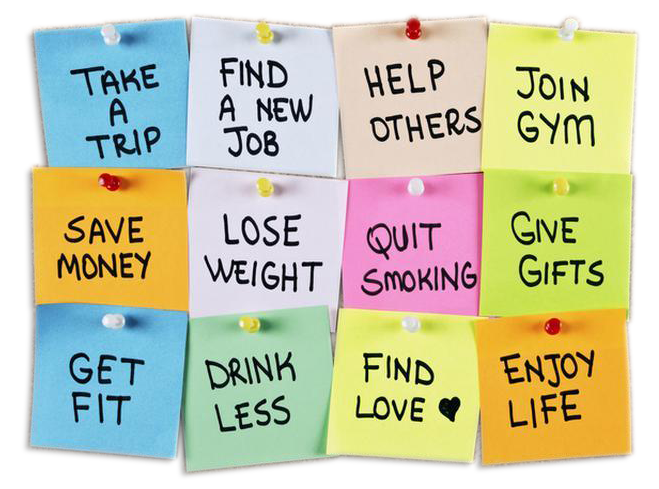by Claire Kelly

The days are getting longer once more. As we move into a new decade, there is a real sense of an opportunity for a fresh start.
In years past, I found myself making New Year’s resolutions I rarely managed to keep: lose weight; eat more fruit; go to the gym at least four times a week; aim to be London Marathon-ready by April (who was I kidding?).
Like many, by about mid-January it became blindingly obvious that these resolutions had fallen by the wayside. Busyness of life/lack of resolve/a deep-seated love of full fat cheese knocked any plans for a ‘new me’ right out of the ballpark. Instead, I felt even worse about myself than I did at the start of the new year. Sound familiar?
It’s worth reflecting on this behaviour pattern. Why do we do this to ourselves year on year, setting ourselves highly ambitious, even unachievable, goals? Essentially, we set ourselves up to fail, and then embark on days, weeks or even months of self-recrimination for something of our own making.
So here’s a thought. What if we set ourselves simpler goals and, if we don’t quite achieve them, simply say, ‘ok, let’s ‘begin again’?
According to the wonderful Joseph Goldstein, the three most important words in mindfulness meditation are: ‘Simply Begin Again.’
One of the most common observations made by participants in the first few weeks of their eight-week mindfulness course is, ‘I can’t do it’, or ‘My mind won’t be still. I must be no good at this’ .
We can become disheartened until we learn that it is the ‘getting it wrong’ part of the practice that is the practice.
Mindfulness isn’t about achieving some beatific state of empty-headedness, floating through life with none of its challenges ‘touching the sides’.
Through practice, we learn that each moment of mind-wandering, or being carried away by thoughts (some helpful, some less so) is an opportunity to familiarise ourselves with the established habits of the mind, and then begin to relate to these habits more skilfully.
Instead of beating ourselves up about what is ‘lacking’, we learn to bring curiosity and kindness to the patterns of our ‘puppy minds’. And just as with any kind of ‘puppy training’, each time the mind wanders off, we simply begin again, gently but firmly exploring and learning from what is there, noticing any self-critical thinking, and recognising any choices we have to not believe it.
This capacity to begin again has inevitable implications for our work as educators. What a gift it might be to teach a young person how to ‘begin again’ with curiosity and self-compassion, when faced with a difficult task, self-doubt or criticism.
With this letting go and beginning again comes greater patience, resilience and self-compassion.*
But before we launch with great zeal into any New Year’s resolutions about teaching mindfulness to all the young people we work with (trust me, I’ve been there), let’s start with ourselves. How would it be to set ourselves some achievable goals in terms of our own practice? Maybe find out a bit more about what mindfulness is and isn’t; even have a go at learning some mindfulness for ourselves? And every time we try to practise, notice that little voice saying, ‘you can’t do this’, ‘your mind is so busy – clearly this isn’t working’, or the real ‘biggy’, ‘you don’t have time for this’, just say to yourself ‘thanks for the information’, and simply begin again.
What a great New Year’s gift to ourselves, our colleagues, our families and indeed the young people we work with!
Wishing you a compassionate, kind and inquisitive 2020!